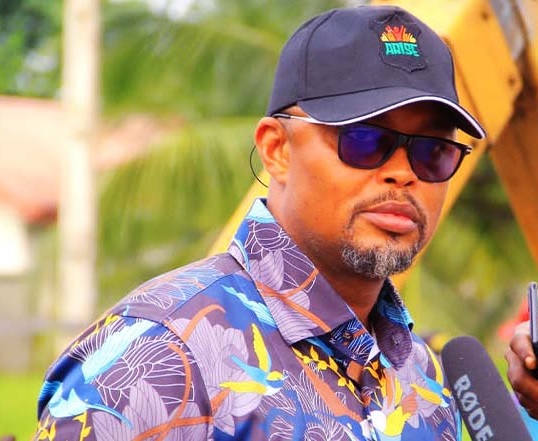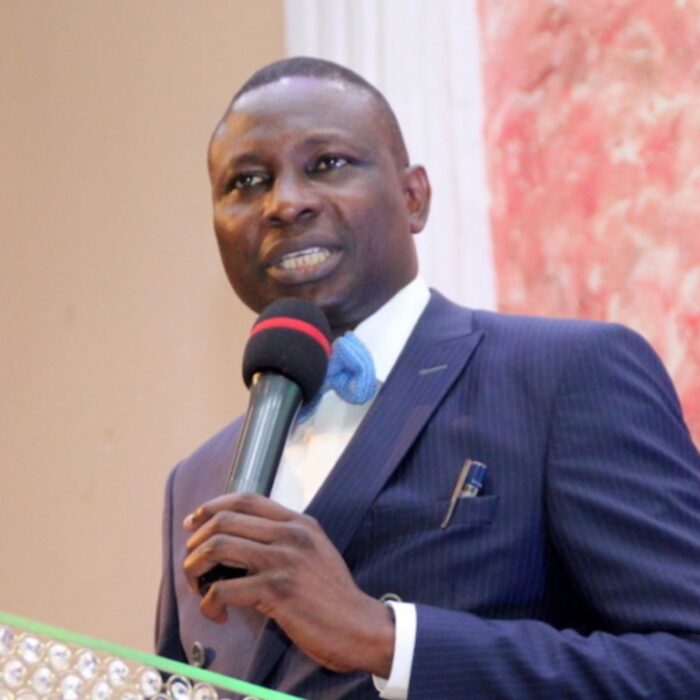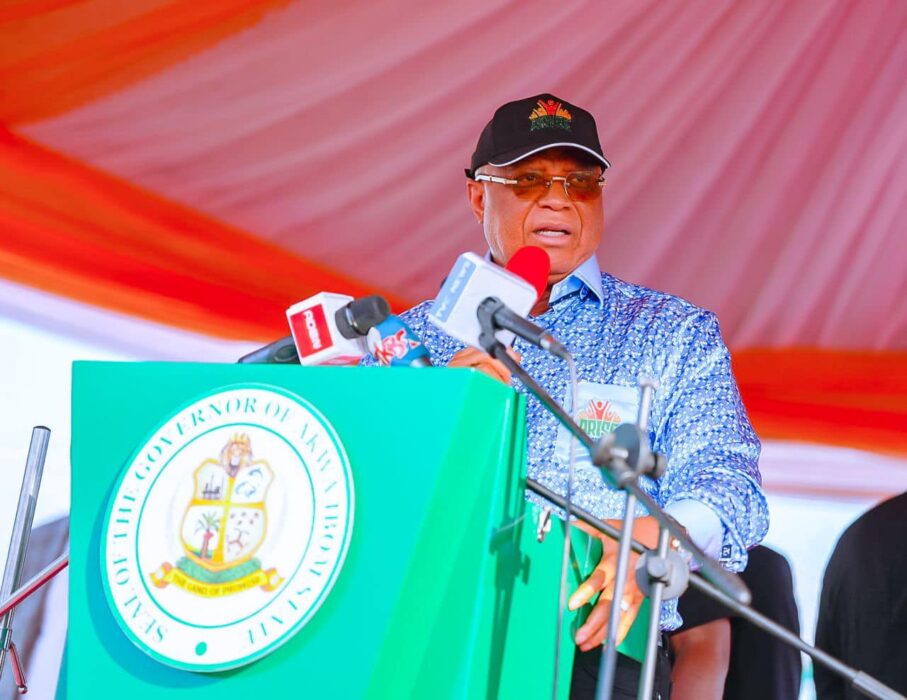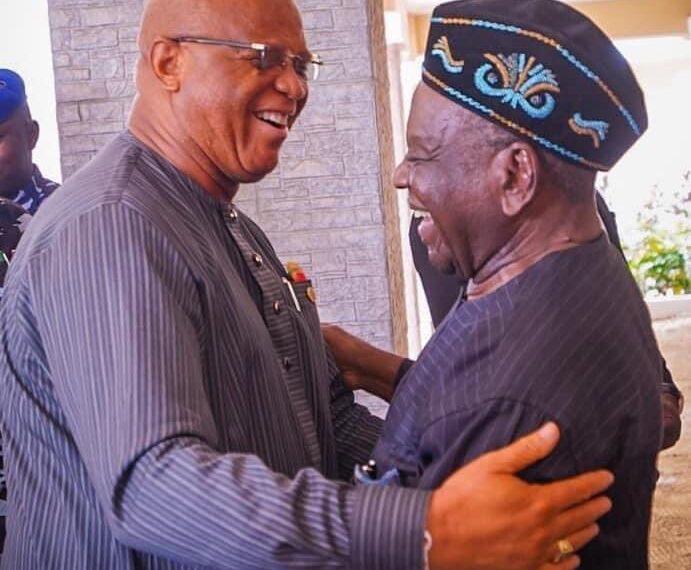The Executive Chairman of the Economic and Financial Crimes Commission, EFCC, Mr. Ola Olukoyede, has charged youths across the country to shun cybercrimes by replacing them with values obtainable on the internet .
He gave this charge in Abuja on Tuesday, 19 November, 2024 at the Federal Capital Territory, FCT’s Next Generation Engagement forum. According to him, value creation through the internet is a potent alternative to cybercrimes which youths can explore. “I want to see a generation that will lead a new fight against corruption through value creation. If we have youths heating up the polity by their criminality, we should also have youths challenging them by their integrity. Let us eliminate cybercrimes through cyber values”, he said.
The EFCC boss, who was represented by the Head, Enlightenment and Reorientation Unit of the Commission, Assistant Commander of the EFCC, ACE 11 Aisha Muhammed, also stressed that youth are losing their sense of values and dignity to internet fraud. “Nigeria has lost considerable financial and reputational wealth to cybercrimes. In 2022 alone, Nigeria lost about $500m to the crime. The reputation issues we are having across the world are hideous. Besides, our youths are losing sense of values and dignity to internet fraud. No world outlook that is focused on criminality can stand the test of time. Youths should redirect their focus to wealth creation through optimal use of their talents, acquired skills, useful emulation of strides of other youths around the world and development of novel innovations that can turn the world around,” he said.
Olukoyede called on Nigerian students to have a “Can-Do-It Philosophy,” adding that having a positive belief in themselves will help them make a difference in their endeavours. “I charge you all to have a “can-do-it philosophy”. Believe that you can make a difference in a positive sense. Follow models that have impacted the world positively. Cultivate friendship with peers that have good vision. Use the internet to develop your good dreams. Don’t be attracted to easy wealth and always follow the instructions of the EFCC. Continuing, Olukoyede disclosed that, “at the EFCC, we have opportunities for value-driven youths through Integrity Clubs in Primary, Secondary Schools and Zero Tolerance Clubs in Tertiary Institutions. These platforms are value-building opportunities for youth. I urge all of you to join any of these clubs,” he said. He also urged them to take the ‘Next Generation Project’ as a personal project, calling on them to embrace it.
Senior Special Assistant to the President on Citizenship and Leadership, Rinsola Abiola, in her remark on the theme of the event, said the aim of the project was to offer mentorship and leadership development opportunities to young people in the next generation. “As we all know, our young people are the future generation of this country, and we must work hard to nurture their potential and offer them guidance. We must support them with the resources that they need to develop into model citizens, who positively impact their communities and grow academically and professionally with the right value system and personality traits,” he said.
Also commenting, representative of the Director General, National Orientation Agency, NOA, FCT Directorate, Mrs. Agbanusi Ijeoma said Nigerian youths should be given front seats in the polity, explaining that the exigency of the time demands such because they are the leaders of tomorrow. “Youths, as the leaders of tomorrow, should always be given the driver’s seats in leadership roles towards the attainment of national goals and make them understand that they are the agents of the desired change and transformation that Nigerians have been yearning for “I strongly believe that at the end of this programme, a positive impact would have been made, and the aim of our gathering today achieved”, she said.











